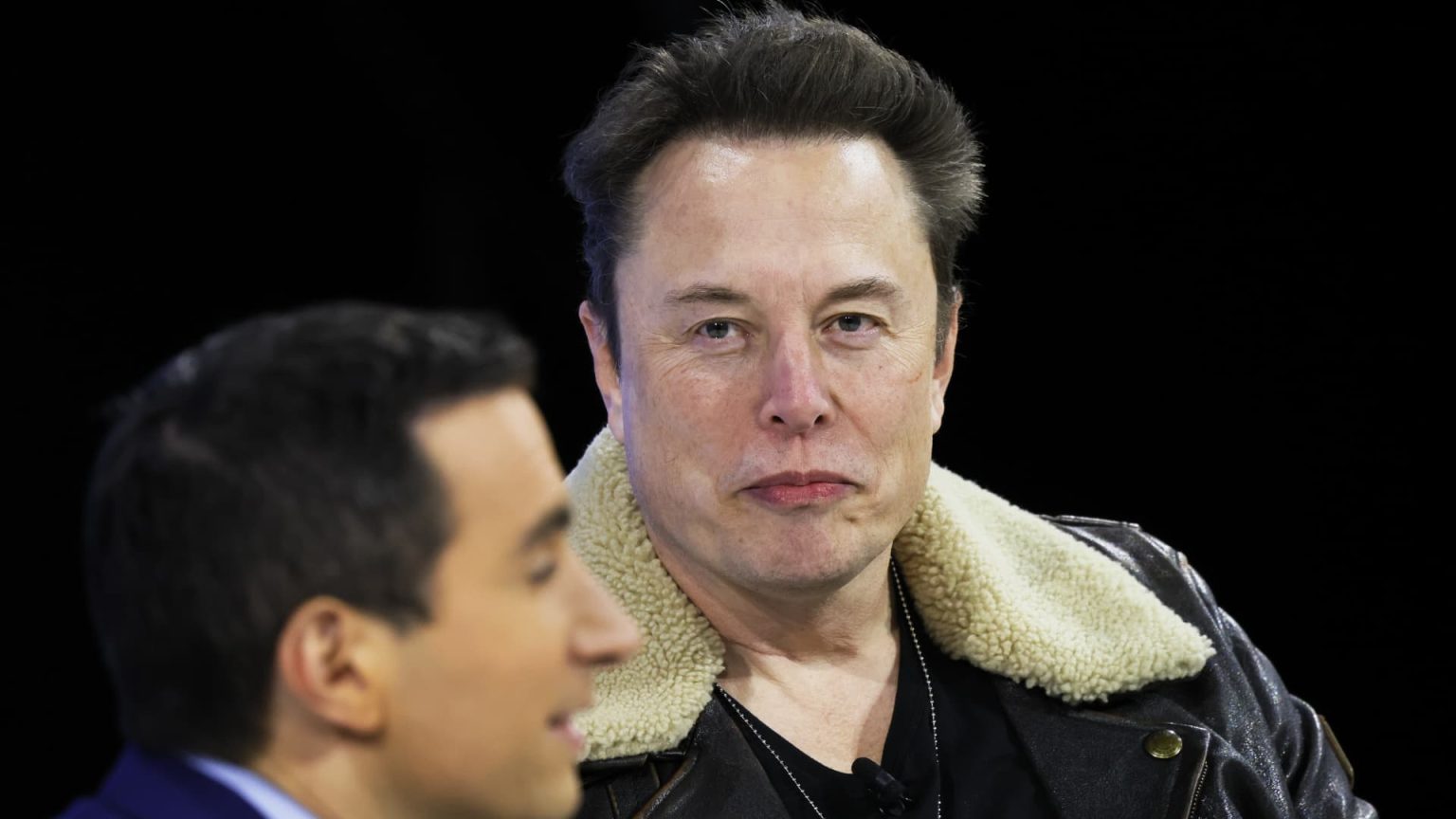Elon Musk is projected to be the world’s first trillionaire by 2027, according to a report from Informa Connect Academy. Musk’s wealth has grown exponentially, starting at around $28.5 billion at the beginning of 2020 and reaching $265 billion as of September of the same year. The primary factor driving Musk’s wealth is the soaring value of Tesla stock, which surged from $30 per share in January 2020 to nearly $300 per share by January 2021. This growth is driven by the production of valuable products that consumers want and need.
The wealth gap in America is evident, with the wealthiest 1% owning nearly half of all U.S. stocks, while the bottom 50% possess just 1% of all stocks. Wealthier individuals tend to have more of their assets invested in the stock market, compared to middle-income households who have a larger portion of their wealth tied up in real estate. Approximately 58% of families in 2022 owned stock, either directly or indirectly through passive investments like retirement accounts. The prices of different types of assets play a significant role in wealth inequality, with the stock market being a major contributor.
There is ongoing debate about the impact of taxation on wealth inequality. Some argue that large compensation packages for successful company founders are a fair reward for their efforts, while others believe that tax loopholes create an uneven playing field. Changes in tax policy over the past quarter century have made it increasingly challenging to tax the rich, with more exclusions and ways to avoid paying taxes. The ultrawealthy often have income streams that are not easily taxable, such as bonuses and other forms of compensation.
Many Americans earn income through traditional means, such as working for a paycheck, which is taxed based on the amount earned. However, the income of the ultrawealthy, like Musk, can be more complex and less clear-cut. Musk’s large compensation package, for example, may only result in a fraction of it being considered taxable income, due to various forms of payment that are easier to avoid taxation on. This disparity in how income is taxed contributes to the widening wealth gap in the United States.
The increasing wealth of individuals like Musk raises questions about the implications for the U.S. economy. As the rich continue to accumulate wealth at a rapid pace, there are concerns about the impact this has on income inequality and overall economic stability. Understanding the factors that contribute to wealth inequality, such as asset prices and taxation policies, is essential in addressing these challenges and creating a more equitable and sustainable economy for all Americans.













